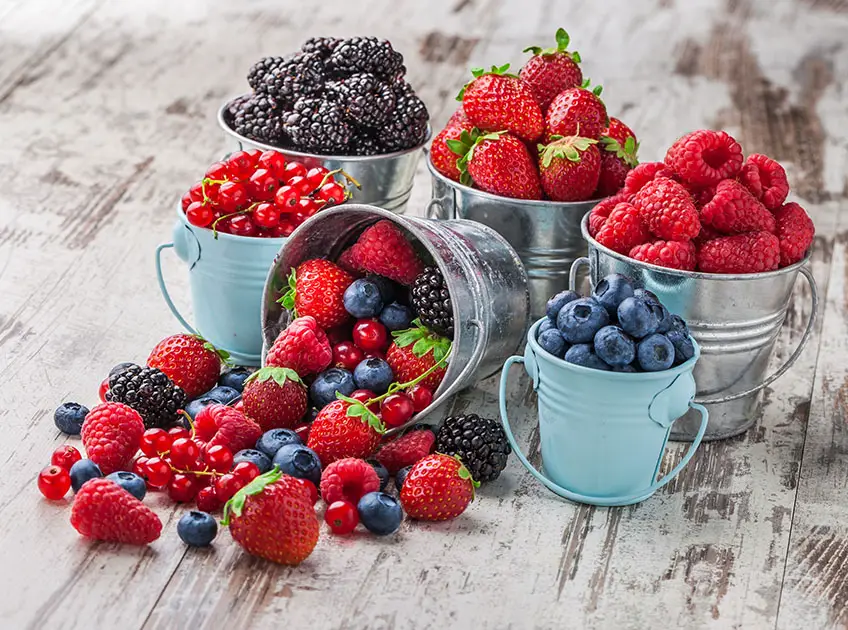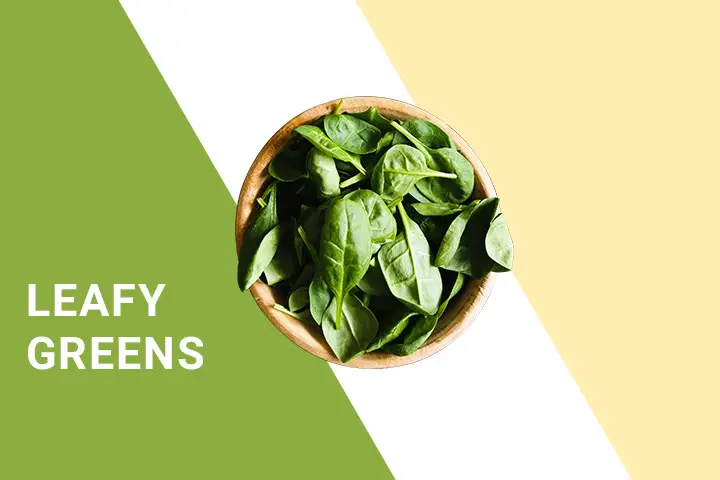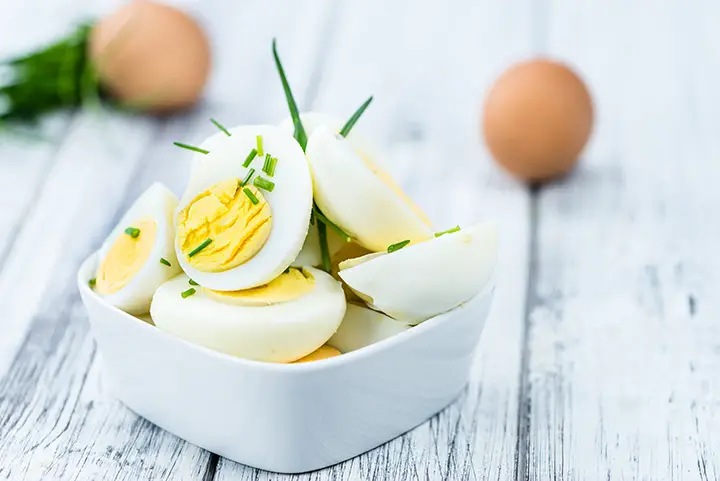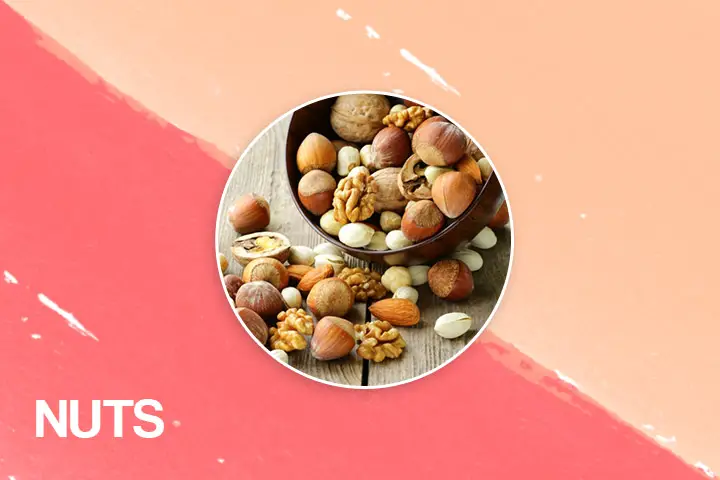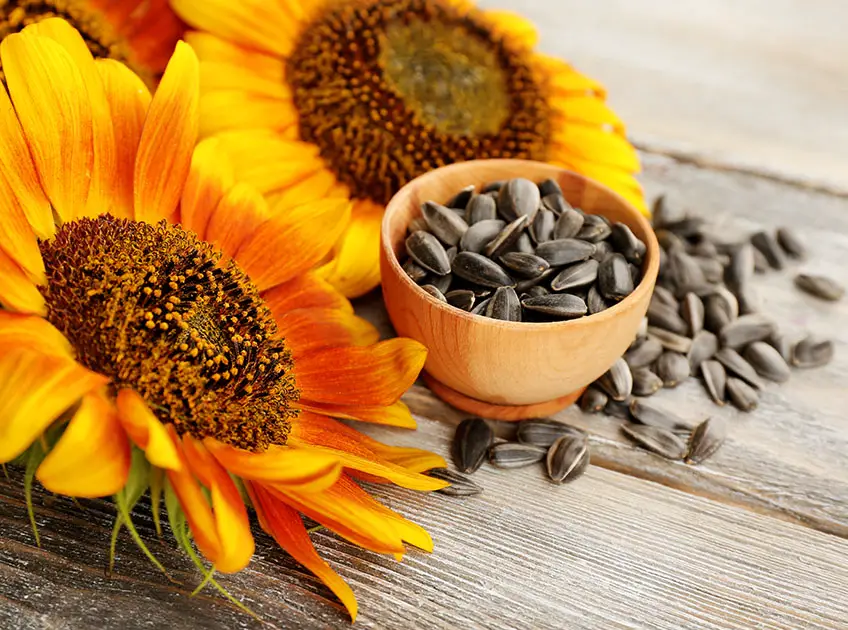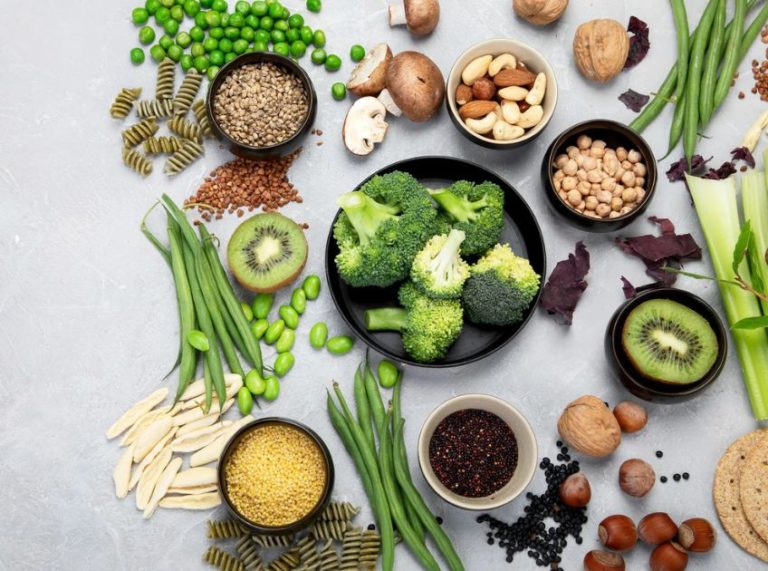
Important: This article is for informational purposes only. Please read our full disclaimer for more details.
There are many different foods that can be beneficial for the brain. Some of these include omega-3 fatty acids, berries, and leafy green vegetables. While there is no one food that can claim to be a “cure-all” for brain health, eating a variety of healthy foods is a good place to start. By incorporating some of these into your diet, you may be able to improve your cognitive function and overall well-being.
1. Omega 3 Fatty Acids
These healthy fats are essential for brain function. They can be found in cold-water fish such as salmon, mackerel, and sardines, as well as in flaxseeds, chia seeds, and walnuts.
[ Recommended: Best Foods to Improve Digestion ]
2. Berries
Several types of berries are packed with antioxidants and other nutrients that are good for the brain. These include blueberries, blackberries, raspberries, and strawberries.
[ Recommended: Best Foods For A Healthy Liver ]
3. Leafy Green Vegetables
Greens such as spinach and kale are rich in vitamins and minerals that can help to keep the brain healthy. They also contain phytochemicals that may promote cognitive function.
[ Recommended: Best Foods for Healthy Eyes ]
4. Coffee
Although it is best to avoid processed foods, coffee can actually be good for the brain. It contains caffeine, which has been shown to improve memory and cognitive function.
5. Dark Chocolate
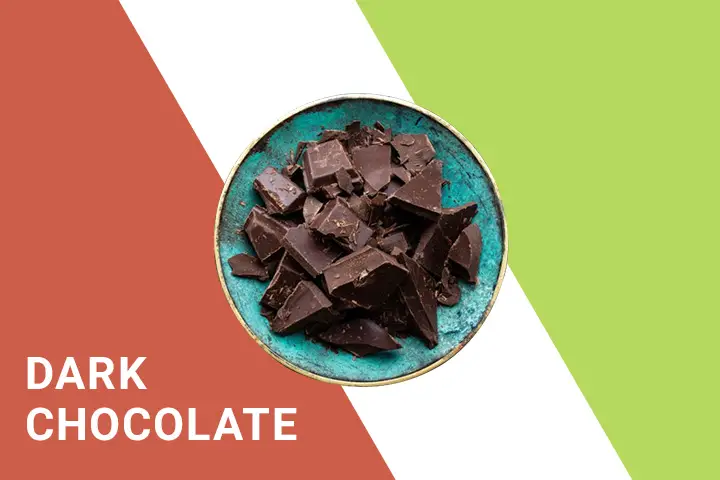
Chocolate that is at least 70% cocoa can offer some benefits for the brain. These include improved blood flow and a lower risk of stroke.
6. Eggs
Eggs are a good source of choline, which is an important nutrient for brain health. Choline is involved in memory and learning, so including eggs in your diet may help to improve these cognitive functions.
7. Nuts
Like omega-3 fatty acids, nuts contain healthy fats that are essential for proper brain function. They also contain vitamins, minerals, and antioxidants that can all be beneficial for the brain.
8. Pumpkin Seeds
Pumpkin seeds are a good source of zinc, which is an important mineral for brain health. Zinc has been shown to improve memory and cognitive function. It can also protect the brain from age-related damage.
9. Sunflower Seeds
Sunflower seeds are another good source of zinc. They also contain vitamins B6 and E, which are both important for brain health. So, including sunflower seeds in your diet may help to improve your cognitive function.
10. Water
Staying hydrated is important for overall health, and it is especially important for the brain. Dehydration can lead to fatigue, headaches, and difficulty concentrating. So, make sure to drink plenty of water throughout the day to keep your brain healthy.
There are many different foods that can be beneficial for the brain. While there is no one food that can claim to be a “cure-all” for brain health, eating a variety of healthy foods is a good place to start. By incorporating some of these into your diet, you may be able to improve your cognitive function and overall well-being.
Recommended Topics:
- Coconut oil for Alzheimer’s: How to Use?
- Boost Your Brainpower and Energy with Vitamin B12: A Comprehensive Guide
- The 8 Best Foods That Help Fight Depression
- How Much Time It Takes To Digest Eggs
- 10 Healthy Foods to Gain Weight Fast
- 10 Best Foods For An Upset Stomach
- The 10 Best Foods for IBS Symptoms
- The 10 Best Foods to Boost Serotonin Naturally
- 10 Best Foods To Eat When You Have ADHD
- 10 Foods That Boost In Oxytocin Levels
- Why Doesn’t A Skin Cell Make Crystallin Protein?



